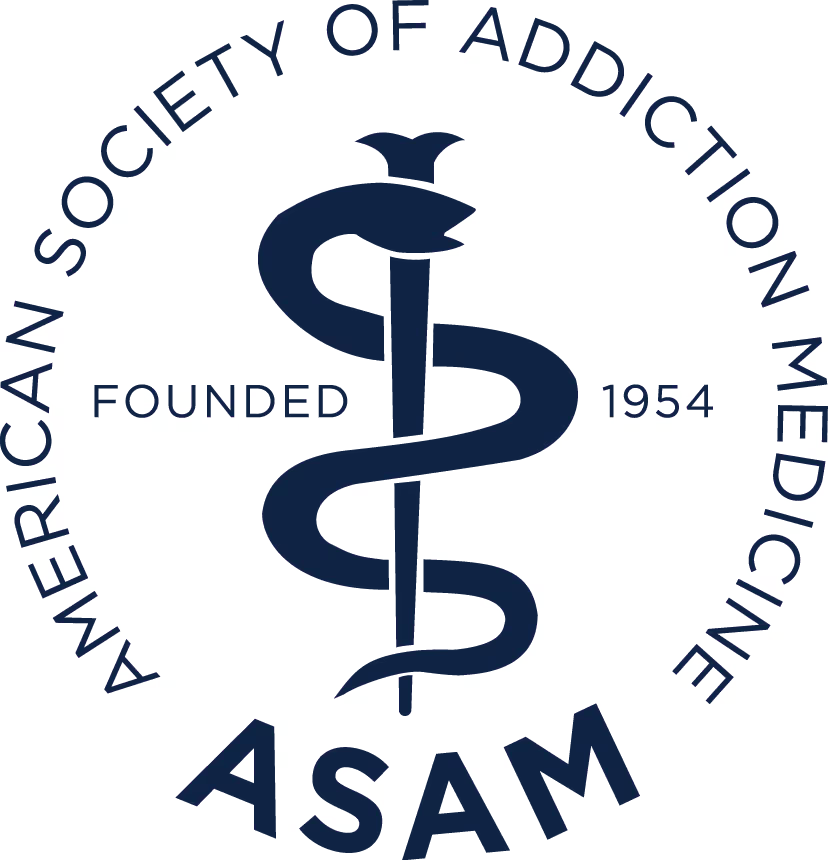Polysubstance abuse, or using more than one drug, or combining drugs with alcohol, is one of the most dangerous patterns of substance use. The risks climb quickly because the effects of each substance can amplify or conceal the others, making overdoses harder to recognize and withdrawal far more complicated to manage. Recovery is absolutely possible, but it often requires a higher level of medical expertise, careful planning, and coordinated follow‑through.
At Regal, our drug and alcohol detox facility is equipped to handle even the most complex polysubstance cases. We help clients detox safely while addressing the unique clinical and emotional challenges that come with multiple addictions. Our approach blends 24/7 medical oversight, evidence‑based medications, and integrated therapy in a calm, private environment. This gives clients a stable start before stepping into longer‑term care such as our luxury alcohol rehab or residential programs.
Why Polysubstance Abuse Is So Risky
1. Unpredictable Interactions
Mixing substances can produce dangerous or even fatal reactions. especially when the drug classes overlap. For example, combining alcohol with benzodiazepines (like Xanax) or opioids significantly depresses breathing and heart rate. Stimulants (like cocaine or meth) paired with alcohol can mask intoxication, encouraging higher doses and increasing cardiovascular strain. In today’s fentanyl‑adulterated drug supply, people are often exposed to potent opioids without realizing it, further elevating risk.
2. Complicated Withdrawal
When more than one substance is involved, withdrawal doesn’t unfold in a simple, linear way. Timelines and peak symptoms can stack or stagger: alcohol withdrawal may spike within 48–72 hours, while opioid symptoms can crescendo on a different schedule, and benzodiazepine withdrawal may linger for weeks. These overlapping waves of symptoms make home detox especially unsafe and raise the need for round‑the‑clock monitoring.
3. Higher Overdose Risk
Tolerance to many drugs drops rapidly after short periods of abstinence. In polysubstance use, a person may relapse on the drug they felt most attached to, not realizing their tolerance to other substances is now much lower. Even a “usual” dose can become life‑threatening after detox—particularly with opioids, benzodiazepines, and alcohol. This is why bridging to Medication‑assisted Treatment (MAT) and building a robust relapse‑prevention plan is essential.
4. Increased Physical and Mental Strain
Multiple substances put heavy stress on the heart, liver, and brain. Sleep, appetite, and mood regulation are often severely disrupted. Co‑occurring mental health conditions such as anxiety, depression, PTSD, or bipolar disorder can both drive and be worsened by polysubstance use, creating a feedback loop that’s hard to break without integrated care.
Common Polysubstance Combinations We See
- Alcohol + Benzodiazepines (and/or Opioids): Synergistic respiratory depression, extremely high overdose risk.
- Stimulants + Alcohol: Masked intoxication, dehydration, arrhythmia risk, and crash‑related depression.
- Opioids + Benzodiazepines: Strong sedation, diminished breathing drive, and high fatal overdose potential.
- Stimulants + Opioids (“speedball” patterns): Cardiac strain plus respiratory depression—a volatile mix that can be deadly.
How To Treat Polysubstance Abuse
Detailed Intake and Assessment
Drug detox and rehab centers will begin treatment with a comprehensive evaluation: full substance history (what, how much, how often, and how recently), prior withdrawal complications, medical conditions (including liver, cardiac, and seizure history), and mental health status. Toxicology and baseline labs may be obtained to guide safe medication use and hydration strategies. This depth of assessment lets us predict risks—like seizures or delirium tremens—and plan accordingly.
Customized Care Plan
There is no one‑size‑fits‑all detox for polysubstance use. Clinicians tailor protocols to each substance class involved and the order in which symptoms are likely to emerge. Examples can include:
- Alcohol withdrawal: Benzodiazepine‑based protocols, thiamine and electrolyte support, seizure precautions, and CIWA‑Ar monitoring.
- Opioid withdrawal: Buprenorphine or methadone per evidence‑based guidelines, with adjuncts like clonidine, antiemetics, and antidiarrheals; COWS monitoring to time inductions safely.
- Benzodiazepine withdrawal: Slow, structured tapers to avoid rebound anxiety and seizures; careful vitals and symptom tracking.
- Stimulant withdrawal: Sleep support, nutrition, hydration, and short‑term symptomatic medications to manage agitation and crash‑related mood shifts.
24/7 Monitoring
Continuous observation means rapid response to blood‑pressure spikes, arrhythmias, seizures, severe dehydration, or acute agitation. At Regal, we track vitals, intake/output, and symptom clusters; we also watch for delayed benzodiazepine or alcohol complications that may surface after the first day or two. This vigilance is what an outstanding drug detox treatment center fundamentally different from attempting withdrawal at home.
Integrated Therapy
Detox is not only physical. Treatment facilities will introduce therapeutic support from day one to help clients regulate anxiety, shame, and fear. Short, focused sessions, from motivational interviewing and grounding techniques to psychoeducation, gives clients the tools to tolerate discomfort and prepare for the deeper work ahead. If trauma or depression is present, we coordinate with our dual‑diagnosis team so mental health needs are addressed alongside detox.
Supportive Care that Speeds Recovery
- Nutrition and hydration: Chef‑prepared, nutrient‑dense meals, electrolyte replacement, and GI support help stabilize energy and mood.
- Sleep hygiene and calm spaces: Quiet rooms, guided relaxation, and mindful breathing reduce reactivity and promote rest.
- Gentle movement and mindfulness: As appropriate, light stretching and mindfulness practice help clients reconnect with their bodies safely.
After Detox: Building Safety Into the Next Steps
Polysubstance recovery demands a continuity of care that starts the moment acute withdrawal subsides. We plan that transition with you:
- Residential treatment or rehab: A structured, private setting to continue therapy, stabilize medications, and build relapse‑prevention skills away from triggers.
- Medication‑assisted treatment (MAT): For opioid or alcohol use disorders, MAT can reduce cravings and protect against relapse; we’ll discuss options and coordinate ongoing care.
- Dual diagnosis treatment: If anxiety, PTSD, depression, or bipolar disorder are present, we integrate psychiatric care so symptoms don’t drive renewed substance use.
- Therapy modalities: CBT and DBT for coping skills, trauma therapy and EMDR where indicated, and relapse‑prevention planning that accounts for each substance and their cues.
- Family education: Loved ones learn how to support recovery without enabling, and how to respond to warning signs early.
- Harm‑reduction tools: Overdose education and naloxone training may be discussed when appropriate, especially for those with recent opioid exposure.
Who Benefits Most From Detox?
While anyone mixing substances can benefit, seeking a professional help and a proper detox facility is strongly recommended for people who:
- Use alcohol with benzodiazepines and/or opioids.
- Have a history of severe withdrawal, seizures, or delirium tremens.
- Live with significant medical conditions (cardiac, hepatic, or seizure disorders).
- Have co‑occurring mental health conditions that worsen during withdrawal.
- Have experienced fentanyl‑involved exposures or unknown supply adulteration.
Why Our Setting Matters
The setting you choose for detox influences outcomes. Regal Treatment provides a private, calm atmosphere with a low client‑to‑staff ratio, so care is truly individualized. This is especially important in polysubstance cases, where symptoms can shift quickly and protocols must be adjusted in real time. Clients also appreciate the dignity and focus that come with a luxury rehab environment, less noise, less chaos, and more attention to healing.
We also coordinate post‑detox transitions into our rehab program or specialized outpatient programs for clients who require ongoing dual‑focus care. Learn more about our integrated treatment programs here.
Learn more Regal Treatment today by contacting us online at support@regaltreatment.com or fill out our Contact Us form at www.regaltreatment.com/contact. Your privacy is important and we ensure 100% confidentiality with everyone we speak with.
.png)
.png)
.png)
.png)
.png)
.png)
.avif)


